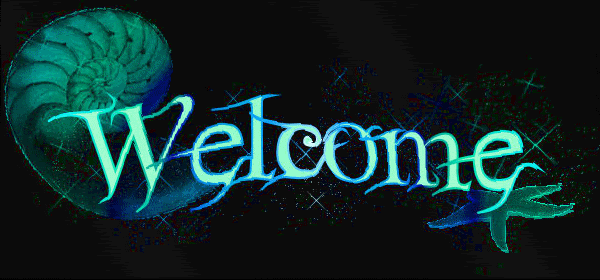- Apr 13, 2020
- 1
- 4
- 26
- Country
- United States
- Faith
- Baptist
- Marital Status
- Single
Salutations! I'm twentysomething. I don't have a name.
I'm newish to theology, and find myself drowning in this information era. Is there a "baby's guide to theology"? I have read the Bible and other books, but I have no experience in the sport of theology. Is there a quick-start guide that can tell me the essentials of everything I need to know to get started? Hyperdispensationalism, ecclisiology, docetism, these are all concepts that I have never heard about until now, and there's pages and pages. Besides a glossary, I feel that I'll need an overview on essential topics. Learning goals and more about me below.
Here's what I have under my belt so far:

I'm newish to theology, and find myself drowning in this information era. Is there a "baby's guide to theology"? I have read the Bible and other books, but I have no experience in the sport of theology. Is there a quick-start guide that can tell me the essentials of everything I need to know to get started? Hyperdispensationalism, ecclisiology, docetism, these are all concepts that I have never heard about until now, and there's pages and pages. Besides a glossary, I feel that I'll need an overview on essential topics. Learning goals and more about me below.
- Differences in denominations
- History of doctrine
- Cultural/historical context
- Popular disagreements in Christianity, such as infant baptism, and Calvanism vs. Arminianism
- Modern discussions
- Understanding of other worldly religions, faiths, cults
- A surface understanding of the Bible (overview of all that happened, the people and places involved)
- A deeper understanding of the Bible, interpretation
- Understanding of the basics of Greek, Hebrew, and some important words and translational controversies
- What else I'll need to know on the intellectual battlegrounds
- Some nice apologetic thoughts
I had a grandmother against religion, and apathetic parents. I was an edgy atheist that would poke fun at Christians with my friends, it was larious. I was a liberal in high school (naturally), but I started to turn towards Christ in the time of gay marriage being legalized under Obama. I saw people of my political affiliation being arrogant, and saying the most disrespectful, insulting of things in the poorest of taste, aimed at the zealous faithful that would commit self-immolation. My take was that if anyone deserved respect, it's someone that sets themself on fire. I also noticed how highly principled and respectable Christians are, which I could not claim for my own liberals at the time.
So, I plugged in, attended college youth groups, and prayed for several years. Like everyone my age, I am cracked out on electronics, making it impossible to read. Like literally everyone else, early on I tried reading the Bible and only got through Genesis. Nothing happened, no miraculous acts, it was just one day to the next that I felt confident enough that I was a Christian, and that the words in the Bible actually happened. The biggest factor I attribute to finding Christ was actually reading the Bible, specifically the Gospels; even though I didn't have the attention to read the whole thing, I would (very occasionally) read Luke and the other Gospels. The more I read, the stronger I was in my convictions to entirely commit to changing my identity from an atheist to something new.
It's been a year and a half since, and a lot has changed. I have been put through painful trials of faith, I have brought others to faith (or, at least, closer), and I moved out for the first time (to Space, probably). I was able to beat my addiction to electronics and focus on reading. It's been mostly business/self-improvement books, and only recently that I have explored theological books.
So, I plugged in, attended college youth groups, and prayed for several years. Like everyone my age, I am cracked out on electronics, making it impossible to read. Like literally everyone else, early on I tried reading the Bible and only got through Genesis. Nothing happened, no miraculous acts, it was just one day to the next that I felt confident enough that I was a Christian, and that the words in the Bible actually happened. The biggest factor I attribute to finding Christ was actually reading the Bible, specifically the Gospels; even though I didn't have the attention to read the whole thing, I would (very occasionally) read Luke and the other Gospels. The more I read, the stronger I was in my convictions to entirely commit to changing my identity from an atheist to something new.
It's been a year and a half since, and a lot has changed. I have been put through painful trials of faith, I have brought others to faith (or, at least, closer), and I moved out for the first time (to Space, probably). I was able to beat my addiction to electronics and focus on reading. It's been mostly business/self-improvement books, and only recently that I have explored theological books.
I'm an animator trying to make a movie, and I'm into experimentalism in the arts. I used to be a film buff, now my hobby is focused on music discovery.
Favorite director: Gaspar Noe
Favorite band: Animal Collective
Favorite album: waste yrself
Favorite director: Gaspar Noe
Favorite band: Animal Collective
Favorite album: waste yrself
Here's what I have under my belt so far:
- The Holy Bible (English Standard Version)
- Mere Christianity
- The Case For Christ
- The Case For the Real Jesus
- Evangelism: How the Whole Church Speaks of Jesus


